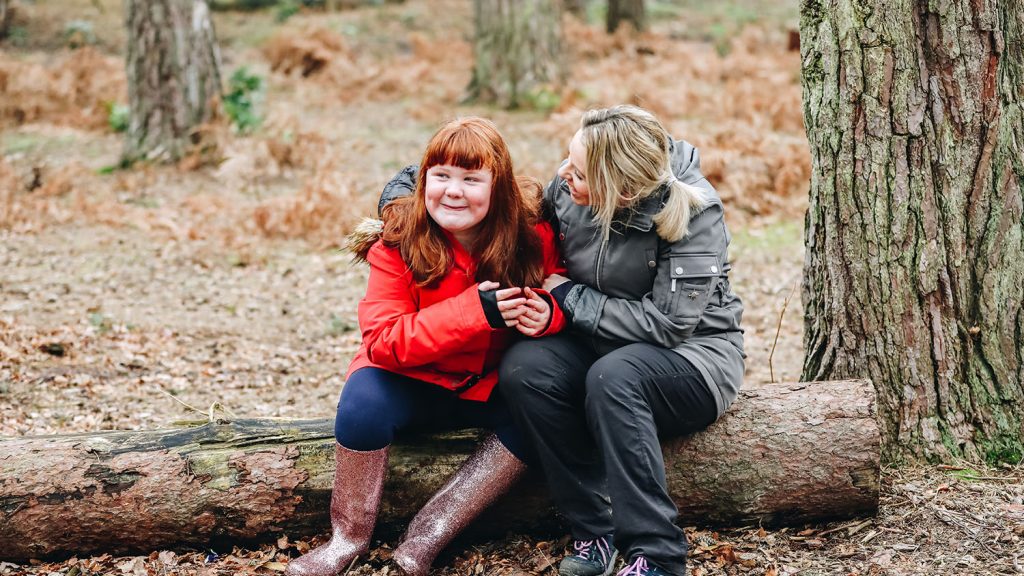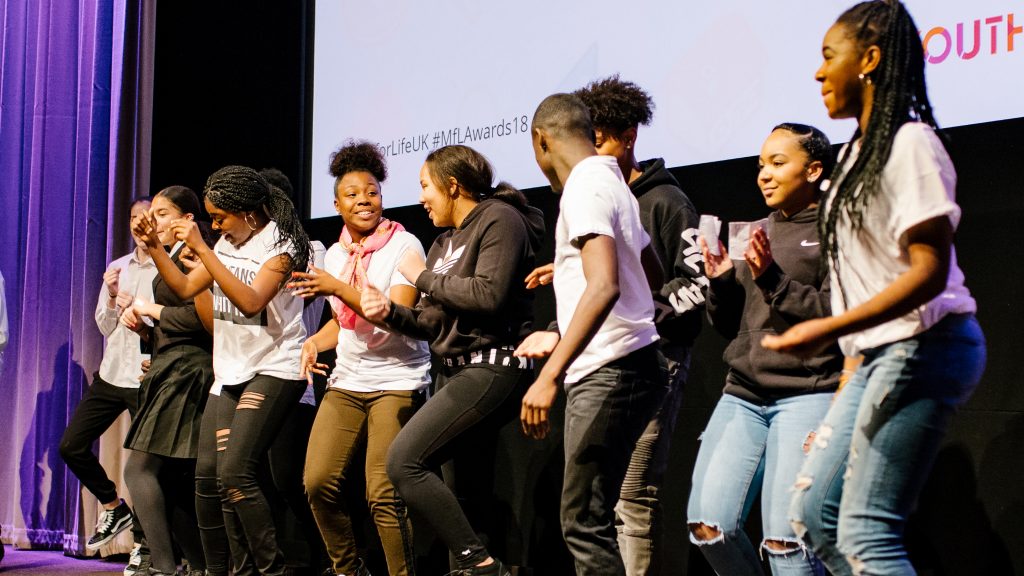
What is youth work and why is it so important?
Youth work is a distinct educational process adapted across a variety of settings to support a young person’s personal, social, and educational development. Youth work provides young people with safe spaces within their communities to engage with their peers and trusted professionals. This gives them the support and skills to confidently access other services, such as education and training, therefore enabling them to succeed. As research has shown, young people receiving access to youth work can make greater improvements in social and emotional learning, social connectedness, and wellbeing than young people who do not have access to this support. We believe that youth work is a key leveller; giving all young people the opportunity to have access to the support they need to overcome their personal challenges and prepare for adulthood.
Why access to youth work has never been more vital
We published a report earlier this year which looked at the impact of the pandemic on England’s youth organisations. It revealed the substantial impact that the pandemic has had on young people as well as the youth organisations there to support them. Young people are more vulnerable to issues such as poverty and domestic violence, and they are more likely to be exposed to negative and risky activities such as gang activity. Moreover, young people are experiencing challenges in accessing safe and reliable employment and are suffering from the financial consequences of this. Opportunities to engage in physical activity and access to positive activities have also been limited. Youth organisations that play a key role in addressing these issues report that due to lack of long-term funding they are unable to respond to increasing demands from young people in their communities.






